The Royal Navy, Royal Fleet Auxiliary, and RAF have worked together over the past week to monitor two Russian naval task groups transiting near UK waters, according to a Royal Navy news update.
These operations included warships, support vessels, helicopters, and long-range maritime patrol aircraft as part of a coordinated effort to maintain security at sea.
One of the task groups was led by Admiral Golovko, the Russian Navy’s newest Admiral Gorshkov-class frigate, commissioned less than a year ago. The frigate was accompanied by the oceanographic research vessel Yantar and the tanker Vyazma as they passed through the North Sea and English Channel en route to the Atlantic.
British forces, including the Portsmouth-based frigate HMS Iron Duke and RFA Tideforce, shadowed the group, taking over from the Norwegian Navy’s earlier monitoring efforts. After escorting the vessels through the Channel, the Royal Navy handed over duties to the French Navy.
Meanwhile, the Yantar remained under observation within the UK’s area of interest. HMS Cattistock, a Portsmouth-based minehunter, tracked its movements closely, ensuring the vessel adhered to international norms.
The second Russian group, comprised of the frigate Neustrashimy and the tanker Akademik Pashin, headed towards their home port in the Baltic. HMS Iron Duke shadowed this group back through the Channel and into the North Sea before handing over to NATO partner HNLMS De Ruyter, a Dutch warship, to continue escorting them to the Baltic.
Commander David Armstrong, HMS Iron Duke’s Commanding Officer, praised his crew for their work, stating in the news release, “Having been heavily involved in this type of operation for the last six months, we’re glad to be back at it – protecting the integrity of our territorial waters and critical national infrastructure.”
Throughout the operation, Iron Duke utilised her Wildcat helicopter from 815 Naval Air Squadron, a Merlin from 814 Naval Air Squadron, and support from an RAF P-8 Poseidon maritime patrol aircraft. Allied aerial assets also contributed, demonstrating a well-coordinated effort to ensure all Russian movements were monitored.
Reflecting on the timing of the operation, Commander Armstrong added, “It was a poignant moment conducting our own service during Remembrance Sunday while on task—no better way to honour our fallen than to do our duty.”


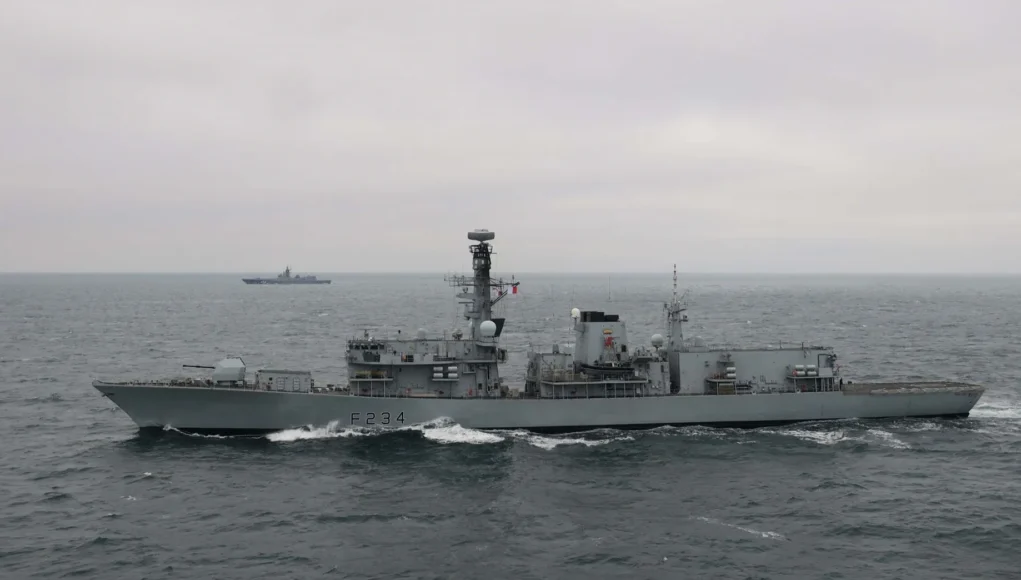
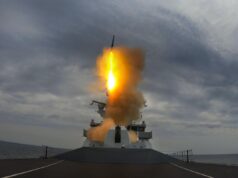
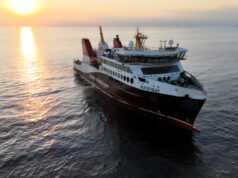
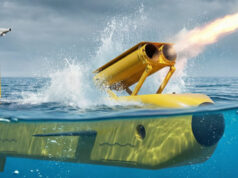
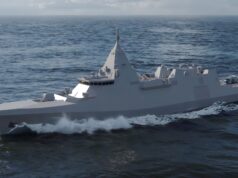
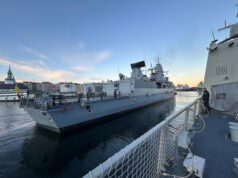
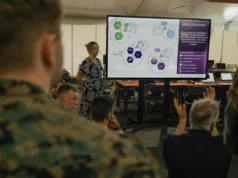

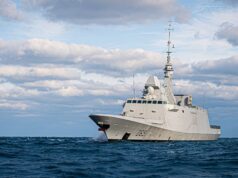
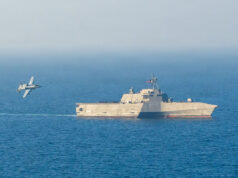
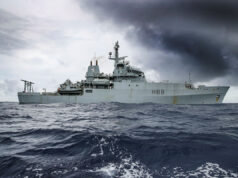

They cant stop a dinghy,but they are “watching” russian war ships🤣
Cheers bot…
“Maria”, you’ve just caused me to nearly wet myself. I’ve 😂 so much I think I’ve now got a hernia 🤣🤣🥵🤣🤣
The Royal Navy is not tasked with the job of stopping the dinghies, that is the responsibility of Border force vessels. As regards the term “ watching the Russians “ this is mainly to try and prevent them from disrupting any of the undersea cables which carry electricity supplies and communications to and from these islands. Not long ago a Russian vessel dropped anchor in the Channel during an apparent “ storm “ and managed to damage a major inter connector bringing a much needed supply of electricity from France.
Is this not a job for the River B1’s?
The River B1’s are primarily fisheries protection vessels, however it is true that they have been used on many occasions to monitor the movement of Russian vessels, due to the dire shortage of ships and crew. I believe that Iron Duke is currently “ Fleet Ready Escort “ and therefore will be the first choice for these duties. As she is currently in Riga, we may well see one of the Rivers deputising again.
I note the UK frigate carried no ASMs – so we sent a toothless ship to monitor a heavily armed one… the sooner the frigates are armed with NSM the better.
I would certainly agree with your comment “ The sooner the better”. I recall reading, probably on this website, that 11 escorts are due to be fitted with the Norwegian designed Konisberg anti ship missile system, all 6 T 45’s and 5 of the T 23’s. HMS Somerset is the first to have them fitted and is still I believe conducting tests. This process seems to have been delayed somewhat by other issues concerned with the ship itself. I also believe that this missile system is an interim measure, intended to fill the gap between the old harpoon system going out of service, and the new British / French missile system entering service in a few years time. Fingers crossed on that one.
My issue with the NSM picture is that the announcement was made two years ago (Nov-22) and only one ship has them fitted – why the delay? Has HMS Somerset even fired one yet? The whole NSM project is suspiciously slow…..
Whilst that is true,in UK waters it is not really an issue because (a) we are not going to be trying to start WW3 by trying to sink said Ships,and (b) if the situation dictated we were having to attack them a couple of Paveway IV’s launched from one of our F35’s would achieve the same result.
A type 23’s job is aimed at submarines, not anti-surface. So the lack o# those missiles isn’t exactly a cause for concern.
It’s a shame that the two ships look to be from different centuries though..
Wars have nothing to do with the countries citizens. Just like the 1st World War where billions of young men were slaughtered in both sides.
Countries wage war on each other regardless if we, the people agree with the conflict or not and therefore any war is illegal.
All we, the citizens of the world, want to do is to have a decent life, but our governments dictate that we should fight in their wars! What a scam.
It wasn’t billions
Maybe they can help stop the boats sure they could do a better job
Look! We need to start talking to the Russians again, not giving it to them? This is slowly getting out of control and we could very well be a war, that Britain is totally out classed in all types of weapons? Think about it, 400/11,100. You do the maths!?
What?
You can’t afford to look at this through rose tinted glasses, it’s time to defend ourselves especially after tge go ahead for Ukraine to use long range missiles, now we are getting into muddy waters. So don’t be like an ostridge and bury your heads in the sand. Northern Korean troops are closer than we think.
Are they monitoring the migrant boats too?
Lots of new posters on this thread who’s names I do not recognise, most of whom are ignoring military matters but looking to highlight ongoing issues the UK faces. UKDJ has certainly arrived.